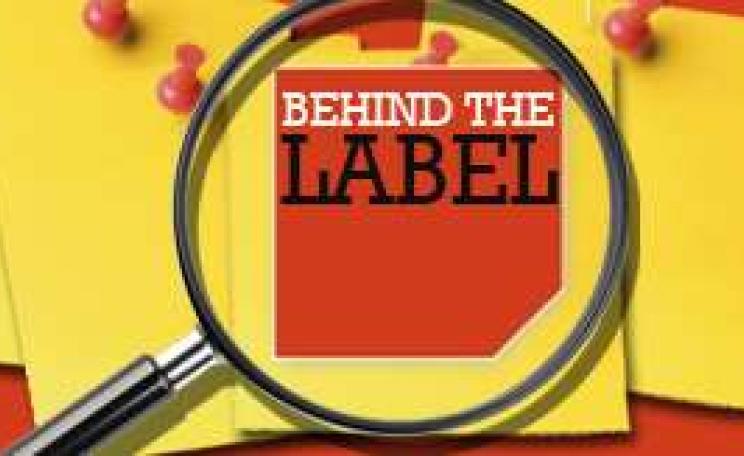Fluoride
Sold as the solution for all our dental woes in major-brand toothpaste, this chemical is also routinely added to the water supply of some six million Brits. Historically used as a rat poison, fluoride is linked to cancer, brittle bones and thyroid disease.
MTBE
Methyl tertiary-butyl ether (MTBE) is used as an additive for petrol. Primarily through leaks and spills, massive quantities of MTBE are known to have entered the environment, polluting soil and, more alarmingly, water supplies. MTBE is a known health risk and many US states have banned its use. The Bush administration aborted plans for a nationwide ban.
Aspartame
One of the world’s most popular artificial sweeteners. Studies have shown it to be a neurological toxin, as well as a potential carcinogen. In spite of this, aspartame is widely used in everything from soft drinks to children’s medicines. Manufacturers are now working on a ‘safer’ version called neotame.
Flame retardants
Brominated flame retardants (BFR) are used to prevent electronics, clothes and furniture from catching fire. Considered highly important to the electronics industry, BFRs accumulate in human breast milk and food items. Studies suggest BFRs are toxic towards the liver, thyroid and neurodevelopment.
PVC
One of the most valuable products in the chemical industry, polyvinyl chloride (PVC) is used abundantly in everyday plastics. It is known to harm the environment and human health at all stages of its life cycle, with links to cancer and damage to the immune and reproduction systems.
PFOA
Perfluorooctanoic acid (PFOA) is the main compound in Teflon, the non-stick, stain-resistant material used in cooking utensils, clothing and food packaging. Known to get into the human bloodstream, PFOA is considered a likely human carcinogen by the US Environment Protection Agency.
Phthalates
Chemicals that are used to soften plastics and also as an ingredient in common cosmetics. Known to be absorbed into the body, phthalates have been linked to birth defects and are considered a probable cause of cancer
This article first appeared in the Ecologist February 2008







